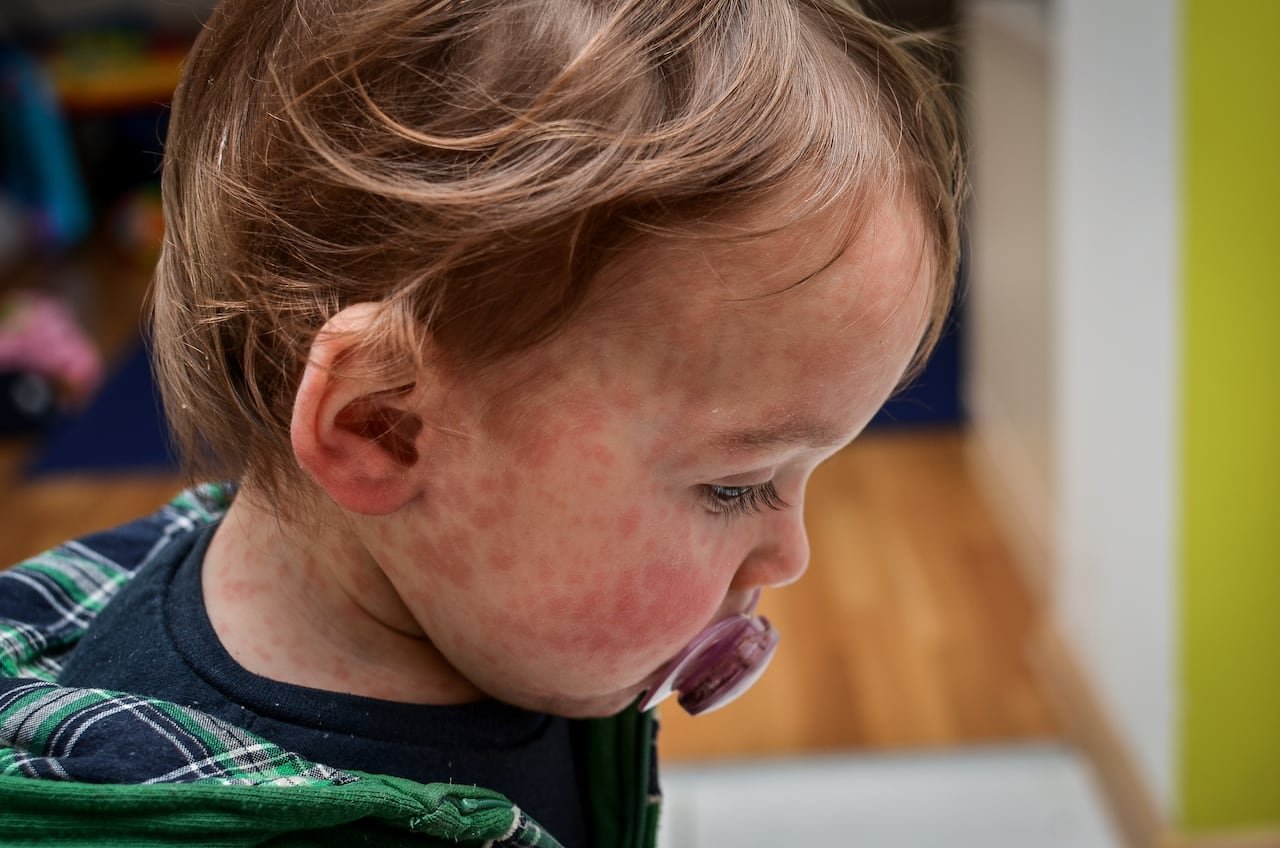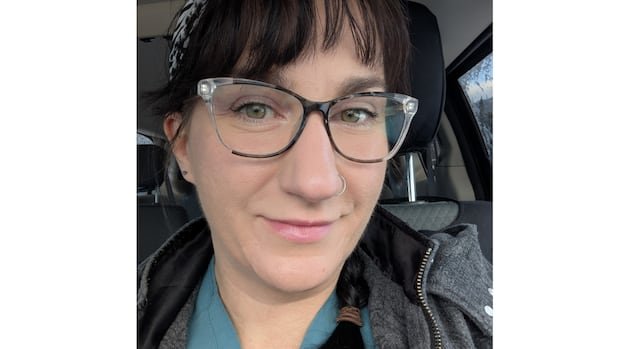
After her infant daughter experienced distress following a vaccine shot, Lydia reached out to public health in Alberta for guidance and support. However, she felt overlooked and embarrassed by the response she received, leading her to turn to online forums for advice and community.
This event marked the beginning of Lydia’s journey from being an ardent anti-vaxxer to a licensed practical nurse and vaccine advocate. Facing backlash and intimidation due to her advocacy work, Lydia chose not to disclose her full name.
In 2008, Lydia, living in rural Alberta, felt isolated and frustrated by the lack of empathy from public health officials. Seeking solace in online mothering communities, she encountered narratives that fueled her vaccine hesitancy, ultimately influencing her decision to delay and eventually forgo vaccinating her children.
Despite her initial trust in vaccines, Lydia succumbed to misinformation and fear propagated online, leading her to skip vaccinations for her subsequent children as well.
Challenges of Vaccine Hesitancy
Reflecting on her journey, Lydia acknowledges that many vaccine myths carry a semblance of truth but do not withstand scientific scrutiny. As she delved deeper into anti-vaxx rhetoric, she distanced herself from mainstream medical advice and practices.
The resurgence of measles cases in Canada, with a significant number linked to unvaccinated individuals, underscores the importance of vaccination. Medical experts emphasize the need for vaccination to prevent outbreaks and protect public health.
Dr. Cora Constantinescu warns against underestimating the severity of measles, highlighting the potential impact on children’s health and families. Despite the availability of effective treatments, measles can cause distress and suffering.

Impact of the Pandemic
The COVID-19 pandemic exacerbated vaccine hesitancy, with some individuals perceiving pandemic control measures as intrusive. This sentiment translated into broader skepticism towards vaccines, affecting public health efforts.
Contrary to anti-vaxx beliefs, Lydia began questioning the movement’s ideologies during the pandemic, particularly noting inconsistencies in their arguments against preventive measures like hand hygiene and masking.
By engaging with healthcare professionals and experts, Lydia confronted the misinformation she had embraced for years, ultimately debunking myths linking autism to vaccinations.
With her son diagnosed with autism despite being unvaccinated, Lydia realized the fallacy of the anti-vaxx narrative and chose to vaccinate her children, overcoming her longstanding fears.

Advocating for Vaccination
Transitioning from skepticism

